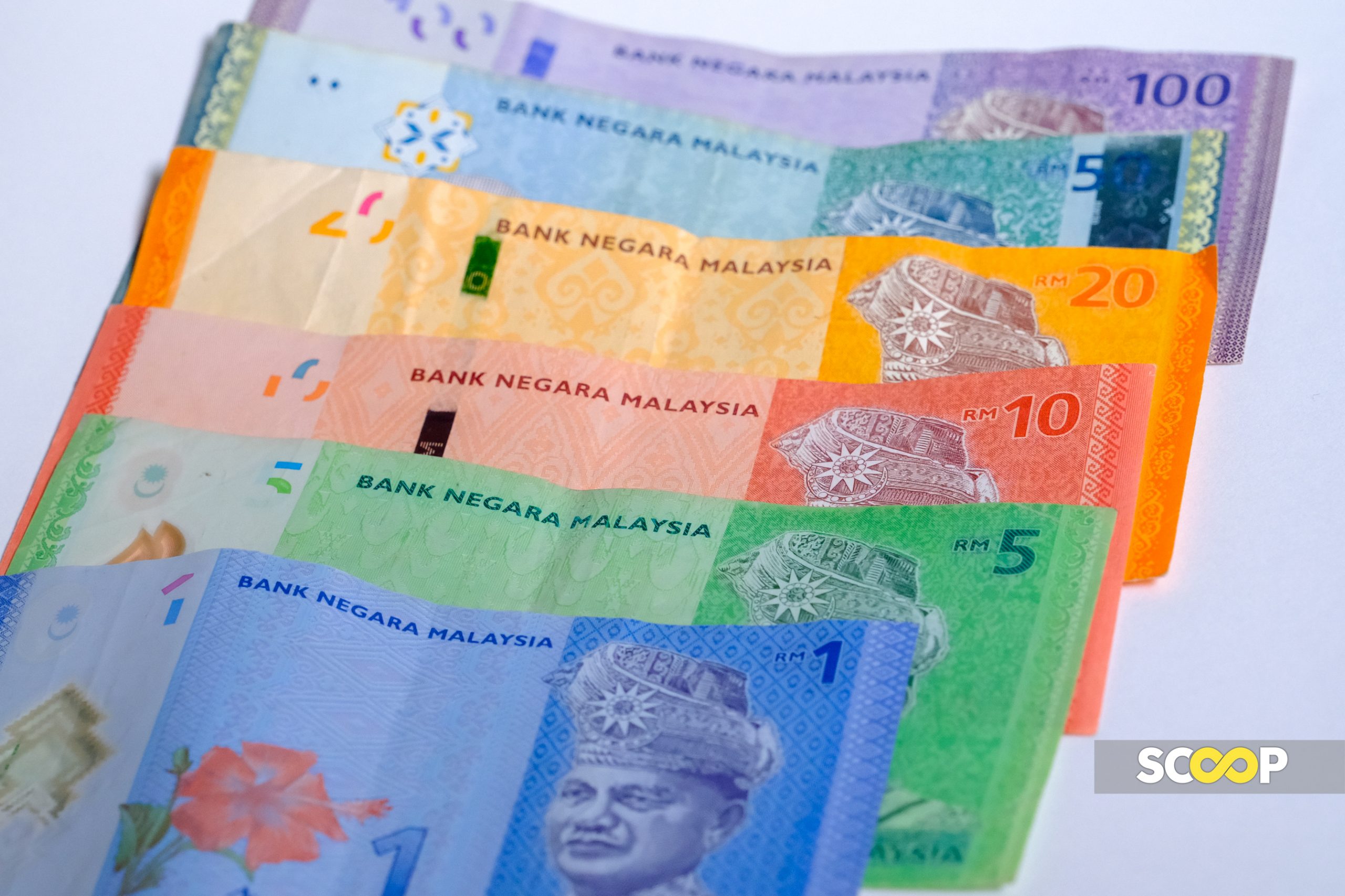WE are now getting our shorts in knots over the ringgit, the declining local unit is now an existential threat and it is affecting our sense of wellbeing as a nation. It is giving us emotional ulcers, a sickening, sinking, feeling that we may be on a slippery slope into something we cannot even imagine.
Our national angst and “kiasu-ness” get triggered when the ringgit is at RM3.50 to one Singapore dollar. Oh well.
No matter how much this is to be debated in Parliament, or the government pilloried all over social media, it is best for all of us to accept that there is no quick fix to the ringgit issue. It is especially not going to be resolved by political hot air.
Also, it may take twice as long for it to recover, and yet double-quick time to depreciate.
The ups and down of the ringgit are not new. It has been in general decline over the years since the Asian financial crisis of 1997/98 when it lost almost half of its value. The prognosis then was bad and the financial markets had decided that the local unit, together with regional currencies like the South Korean won, Thai baht or Indonesian rupiah, were ripe for the picking.
It was a bad period, the economy was down, interest rates skyrocketed and shelves were empty of imported goods. In 1998, Malaysia pegged the ringgit at RM3.80 per US dollar to protect it from the vagaries of the financial markets. It was unpegged in 2005 and now operated under the managed float environment.
Pegging it again is not an option, as we can’t willy-nilly fix our currency when we feel like it. Furthermore, then the ringgit was speculated on, while now, I am guessing, it is shouldering the weight of the negative perception of the nation’s political and economic stability.
We also cannot afford to indiscriminately prop up the ringgit in the market, unless we are willing to lose billions.
Presumably there are things that the government can do. Chiefly it must embark on difficult but necessary reform towards a more prudent, responsible and sustainable fiscal policy. Such reform would assure the financial markets that we are serious in fixing our weaknesses and this should go a long way to ensuring better perception of us, and hopefully our ringgit, too.
It is a medium- to long-game, as most economic initiatives are wont to be, but everyone should see our intent.
Several years ago the nation charted a path towards fiscal responsibility, including reducing the deficit and a tax reform agenda with the goods and services tax. Nevertheless, politics won and the broad-based GST was shelved. Now there is a RM40-billion hole that needs filling up, and how much more of Petronas can we squeeze or national assets can we sell for that?
There is also the unproductive use of funds via our burgeoning subsidy programmes that quite often do not meet their target audiences or objectives.
Both the GST and subsidy reductions may prove to be politically unpopular, but the market, investors and the like are likely to be encouraged by them. Do we have the political will for some growing pains ahead?
Covid-19 shrunk most economies with activities coming to a standstill, and to reboot them most countries had large funds made available to businesses and consumers. Nevertheless, these large funds were giving rise to another set of problems, which was higher inflation.
To curb runaway inflation many countries, including Malaysia, had to make borrowings more expensive by raising interest rates. The US Federal Reserve, for instance, raised interest rates 11 times within a year and a half to cool inflationary pressures. Key rates in the United States now stand as high as 5.5% from 2.25% in July 2022, so much higher than most countries, including Malaysia.
The higher rates saw rising global demand for the greenback as investors sought it as refuge, as well as eyeing greater returns. In Malaysia for instance, investors were selling the ringgit for the US dollar, putting pressure on the local unit.
Adding to this is the political uncertainties that democracy wreaked upon us. Since 2018, we have had five prime ministers, incidentally few of which were the results of voters’ decisions at the polls. It was a sure sign of Putrajaya being turned into a circus by politicians who were out to wrest power by suggesting that they were what voters wanted. Such shenanigans in our names!
As late as last month there were talks of moves and conspiracies to unseat the government. Political instability adds a negative premium to the country’s reputation. If we have to wait four more years for the next polls, I believe politicians should, too.
The perfect storm of negativities – a higher interest rate differential between the ringgit and the US dollar, the absence of structural reform in our economy as well as manufactured political instability – weigh heavily on the ringgit.
Correcting what is within our control takes time, and what is beyond, eternal hope. At the same time the government must soothe our anxieties; we are feeling rather listless and helpless at every tick of the currency monitor.
These anxieties manifest themselves via a widespread lamentation. Our doom and gloom is real, regardless of our own individual exposure to foreign currency, and they cannot be summarily dismissed even if we do not really understand how foreign exchange works.
We understand some things take time and may hurt, but Malaysians and the financial markets need to be assured that something is being done. – February 27, 2024
Datuk Zainul Arifin is group chief executive officer of Big Boom Media Sdn Bhd, which publishes Scoop

